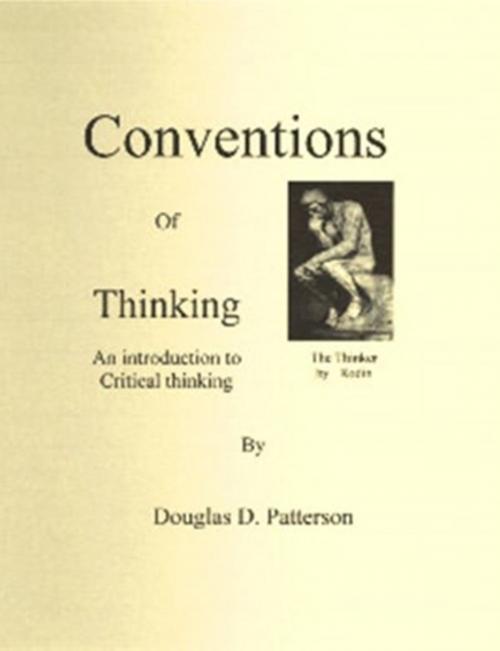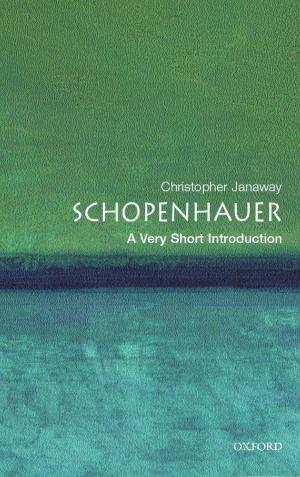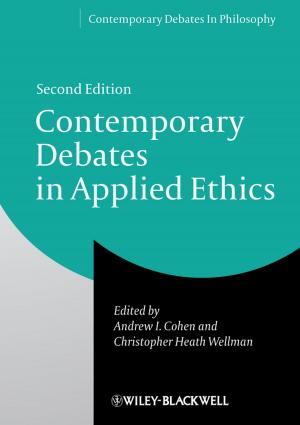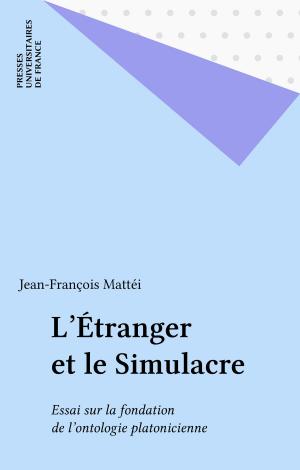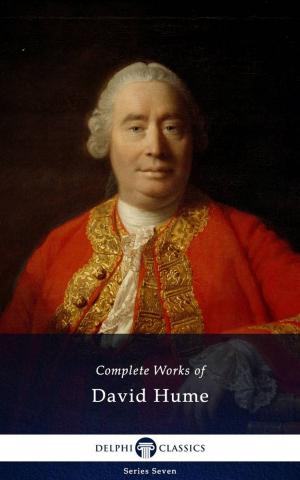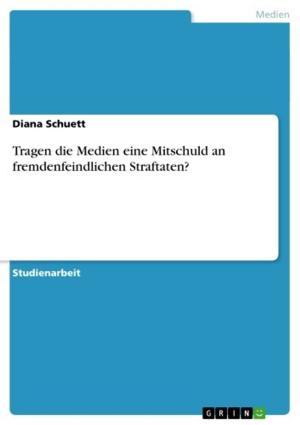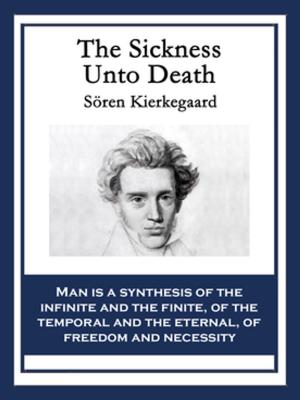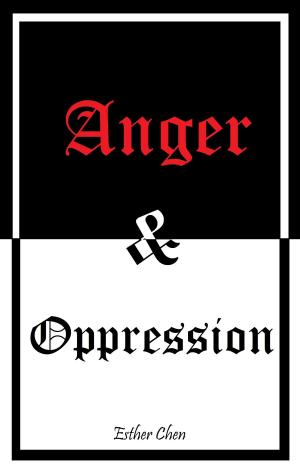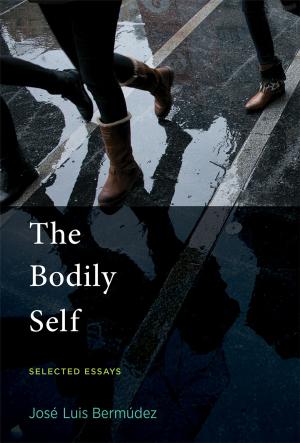Conventions of Thinking: An Introduction to Critical Thinking
Nonfiction, Religion & Spirituality, Philosophy| Author: | Douglas Patterson | ISBN: | 9781301624768 |
| Publisher: | Douglas Patterson | Publication: | January 29, 2013 |
| Imprint: | Smashwords Edition | Language: | English |
| Author: | Douglas Patterson |
| ISBN: | 9781301624768 |
| Publisher: | Douglas Patterson |
| Publication: | January 29, 2013 |
| Imprint: | Smashwords Edition |
| Language: | English |
Historically schools operated as transmitters of knowledge. A teacher’s job was to pass the beliefs and the traditions of his culture on to his students. The young person’s job was to assimilate that pre-packaged knowledge and to apply it to his daily life.This tradition grew out of religious education in which studying the Bible and applying its precepts to one’s life was the main reason for attending school. Students in the seminary spent many hours studying deductive reasoning, as deduction is the intellectual skill most required for applying generalized principles to specific instances.
During the l930s, John Dewey and his followers shifted the emphasis in American education toward a more scientific approach. He advocated educational policies and practices that emphasized investigation and inductive reasoning along with deductive reasoning. Students, in addition to learning the beliefs and the values of the past, were asked to observe the world in which they live and to draw their own conclusions. They were to become creators and not just consumers of knowledge. Dewey asked them to become more independent and functional human beings.
The fact that Dewey’s educational theories and practices required students to make fuller use of their eyes and their brains must be viewed a very healthy and democratic development. Those who wish to dominate other people always try to limit their experiences and to dictate what they are allowed to think and to believe. Treating people as consumers but never creators of knowledge places them in a subordinate position. Those who hold the keys to the temple of knowledge gather great power into their hands.
A teacher as a dispenser of knowledge was the authority in his classroom. He ran the show and did not countenance much disagreement from their students. In the beginning of Dewey’s educational revolution many teachers did not approvr of allowing their students so much intellectual independence. They may have feared being toppled from their position of authority.
In order for a democratic society to function properly, everyone must be free to do his own thinking. The first amendment to the constitution enshrined freedom of conscience and expression as a fundamental building block of a democratic society. With independence, however, comes responsibility. If a person is allowed to come to his own conclusions and to act on them, he must recognize that drawing valid and reliable conclusions takes effort. It requires that one assimilate and apply generally accepted guidelines for governing his thought processes. He must, in short, become critical thinkers.
Modern educators talk endlessly about teaching students how to think; and many teachers do focus on critical thinking in their various classes. Far too often, however, their efforts are not systematic and thorough. They may teach thinking skills as a secondary goal in part because of a dearth of text-books that deal with the conventions of critical thinking as their primary objective.
In this book, I have tried to fill that void. I have collected those rules of thinking that have found greatest favor in our culture into a single e-book in hopes that teachers may find it useful in dealing with this topic in their classrooms.
Historically schools operated as transmitters of knowledge. A teacher’s job was to pass the beliefs and the traditions of his culture on to his students. The young person’s job was to assimilate that pre-packaged knowledge and to apply it to his daily life.This tradition grew out of religious education in which studying the Bible and applying its precepts to one’s life was the main reason for attending school. Students in the seminary spent many hours studying deductive reasoning, as deduction is the intellectual skill most required for applying generalized principles to specific instances.
During the l930s, John Dewey and his followers shifted the emphasis in American education toward a more scientific approach. He advocated educational policies and practices that emphasized investigation and inductive reasoning along with deductive reasoning. Students, in addition to learning the beliefs and the values of the past, were asked to observe the world in which they live and to draw their own conclusions. They were to become creators and not just consumers of knowledge. Dewey asked them to become more independent and functional human beings.
The fact that Dewey’s educational theories and practices required students to make fuller use of their eyes and their brains must be viewed a very healthy and democratic development. Those who wish to dominate other people always try to limit their experiences and to dictate what they are allowed to think and to believe. Treating people as consumers but never creators of knowledge places them in a subordinate position. Those who hold the keys to the temple of knowledge gather great power into their hands.
A teacher as a dispenser of knowledge was the authority in his classroom. He ran the show and did not countenance much disagreement from their students. In the beginning of Dewey’s educational revolution many teachers did not approvr of allowing their students so much intellectual independence. They may have feared being toppled from their position of authority.
In order for a democratic society to function properly, everyone must be free to do his own thinking. The first amendment to the constitution enshrined freedom of conscience and expression as a fundamental building block of a democratic society. With independence, however, comes responsibility. If a person is allowed to come to his own conclusions and to act on them, he must recognize that drawing valid and reliable conclusions takes effort. It requires that one assimilate and apply generally accepted guidelines for governing his thought processes. He must, in short, become critical thinkers.
Modern educators talk endlessly about teaching students how to think; and many teachers do focus on critical thinking in their various classes. Far too often, however, their efforts are not systematic and thorough. They may teach thinking skills as a secondary goal in part because of a dearth of text-books that deal with the conventions of critical thinking as their primary objective.
In this book, I have tried to fill that void. I have collected those rules of thinking that have found greatest favor in our culture into a single e-book in hopes that teachers may find it useful in dealing with this topic in their classrooms.
